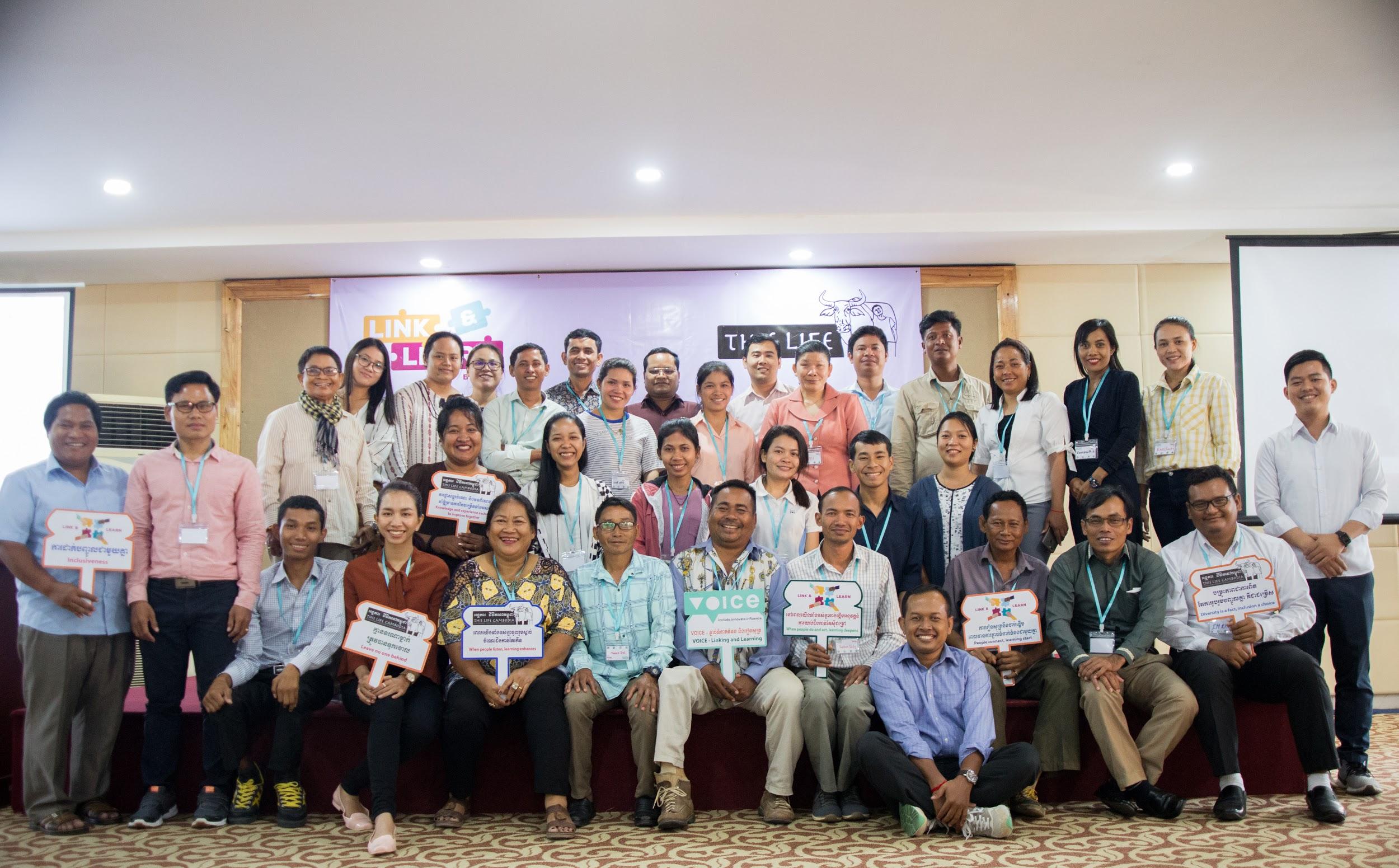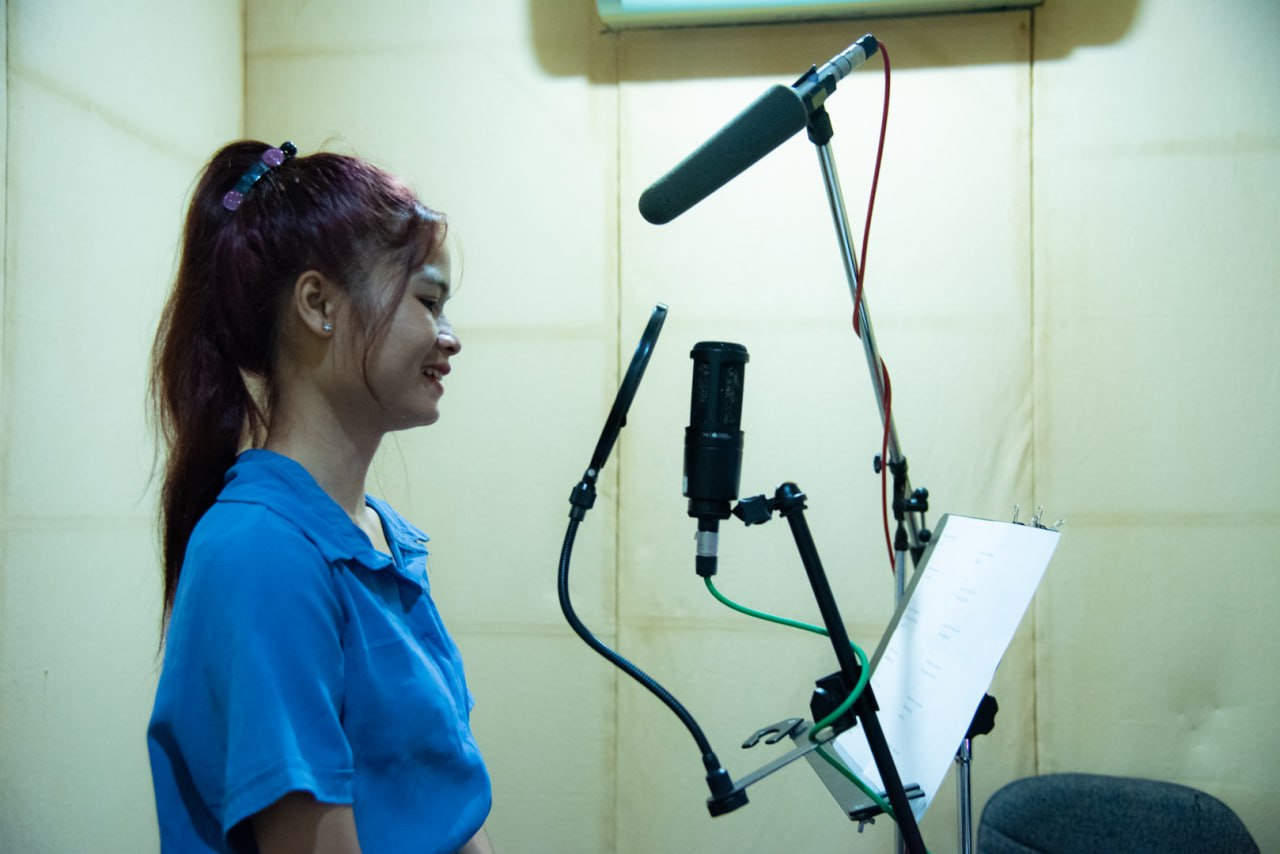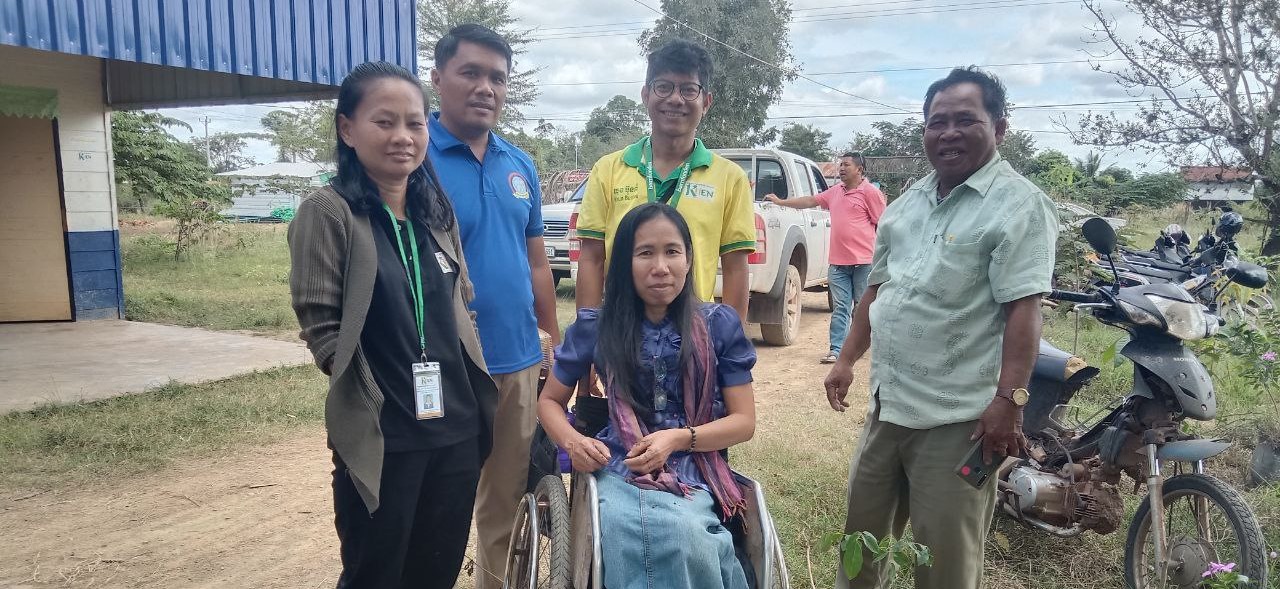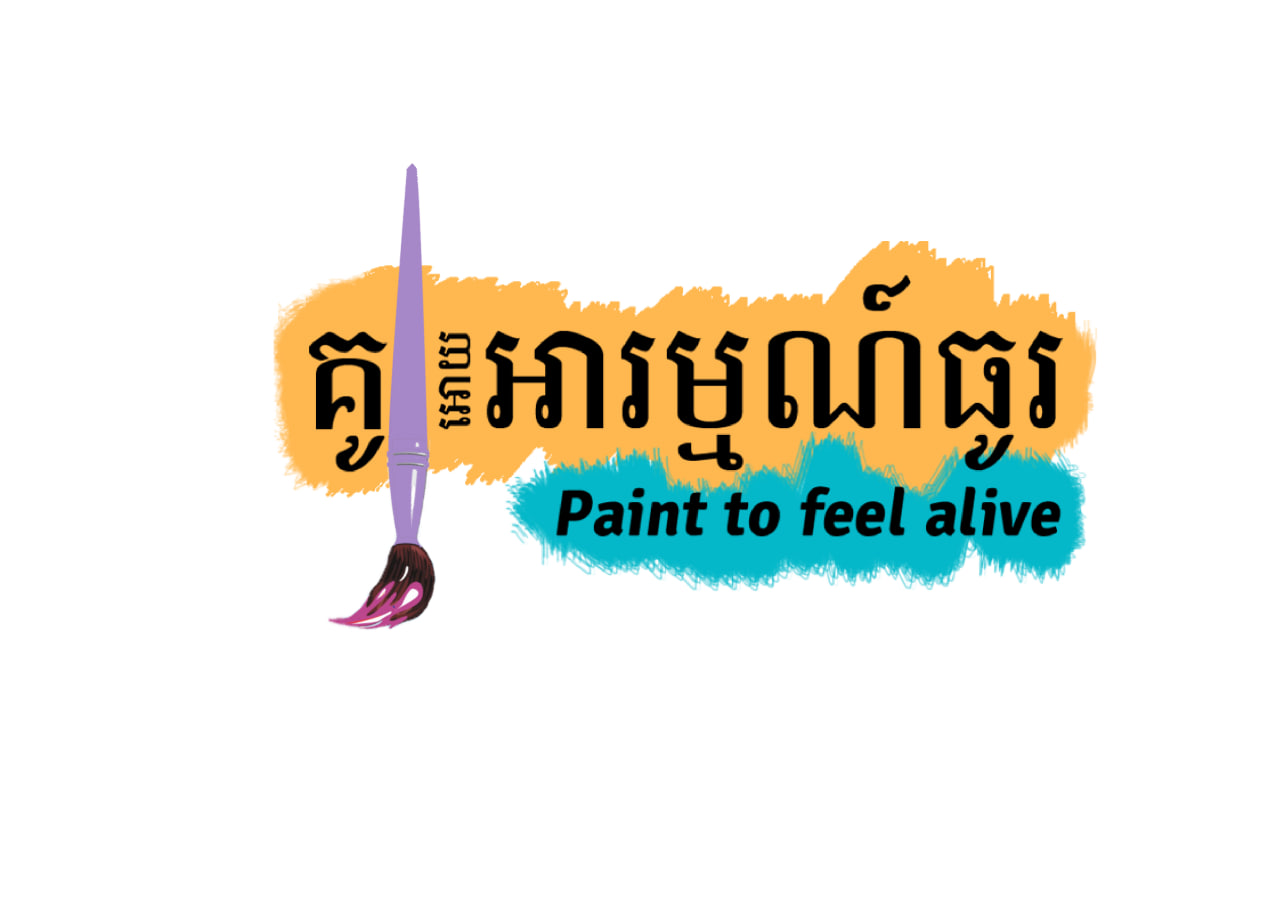Economic opportunities, careers and technology for People with Disabilities: Toward inclusive and sustainable development
by Nak Thaileak, Senior Project Officer, Live and Learn Cambodia
On 20th of October 2023, nearly a hundred people gathered in Cheung Prey District Hall, Kampong Cham province for a Public Dialogue on “Economic Opportunities, Careers and Technology for People with Disabilities toward Inclusive and Sustainable Development”, hosted by the Representative of Self-Help Disabilities Organization Batheay (RSDOB). Sixty-three of the participants were people with disabilities coming to voice out their challenges, concerns and requests for support from stakeholders. There were stakeholders coming from different sectors including government officials at provincial level, other local authorities, the Technical and Vocational Education and Training (TVET) Center, representatives from education and health sectors, representatives of all the 09 factories in Cheung Prey District, and relevant non-government offices.
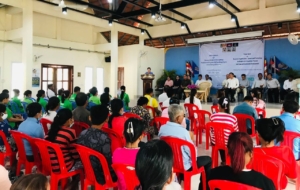
To open this special occasion, the Deputy Governor and Disability Action Council Chairperson, Mrs. Pang Dany gave a speech where sha shared,
“One of our top priorities is to provide persons with disabilities a platform to voice their needs and challenges to stakeholders. The outcome of this conference will assist us in responding to actual needs to ensure the rights and quality of life of people with disabilities, and to put an end to violence and discrimination. The goal of the Cambodian government is to eradicate poverty. All of the stakeholders here, representing the health, education and private sectors, will assist in responding to all of your challenges and requests for support. In Kampong Cham, there are more than 10,000 individuals with disabilities, 48% of which are women. We, the government officials, are working so hard on the provision of disability ID cards so you can use it to get all the benefits to which you are entitled, including social assistance packages, health services, educational services and emergency intervention in case of a natural disaster.”
Afterwards, Mrs. Pang Dany also engaged in more informal conversations with participants in order to set a more relaxed and trusting tone following the discussion on challenges, concerns and requests for support of people with disabilities.
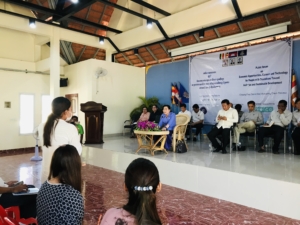
Participants discussed the difficulties in obtaining special ID cards for their disability and ecnonomic status. Some participants requested for in-kind support to open up their businesses, such as poultry, motor services, retail stores, clothing shop, and mobile vegetable stores. Some participants wanted to work in the factory industry, as long as they take them considering their disabilities. Aside from job opportunities and business issues, other participants expressed concern over the lack access to water well supplies, electricity and toilet facilities in their houses and requested for immediate intervention on this matter.
Concerning the issues highlighted in terms of job opportunities, there is some debate about providing incentives to persons with disabilities by lowering the requirements specifically for them to be accepted to work in factories, if possible. One concern was raised: how can we ensure that people with disabilities have sustainable employment? To answer the question, representative of the TVET responded that, “In order to ensure work sustainability for people with disabilities, they themselves need to commit to learning at least one life skill. Everyone can get access to many courses available at the TVET school, and all the courses are completely free of charge. You can choose short courses which you believe you can complete and work on afterwards. Moreover, if you hold your spcial IDs, you’ll additionally receive monthly stipend of roughly 60 USD during your course period.”
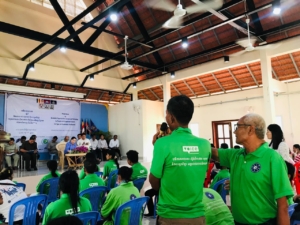
The representatives of all the 09 Factories also shared some thoughts regarding the issues raised by the rightsholders. They started with providing their current employment data of people with disabilities currently employed in their place. According to the data, there are a good number of people with disabilities employed in compliance with the Cambodian government’s quota law of 2%. In response to the request to hire more people with disabilities, they stated that there are presently no openings for recruiting due to a decline in client demand. However, they all advised everyone to learn at least one life skill so that when work opportunities arise in their factories, they can apply.
Mrs. Pang Dany addressed the challenges and demands that have been raised by emphasising five key points: (1) accepting and documenting all 32 requests categorised by location; (2) conducting field visits to the communities to study the possibility of building adequate toilet and water well facilities; (3) empowering people with disabilities to equip themselves with life-skills through TVET courses; (4) reporting on what can be done immediately and what needs more support from other stakeholders; and (5) fostering cooperation to prevent any gaps in their implementation to ensure that no one is left behind.
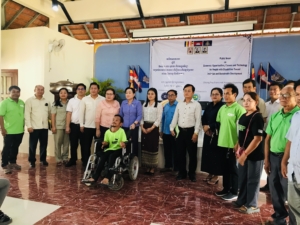
This public dialogue forum under RSDOB’s project “Promote Disability-Inclusive in Social Protection” was a great success as it provided an open space for rightsholders to raise and share the challenges they face in accessing economic opportunities and basic needs such as water wells, electricity and adequate toilet facilities. It was great witnessing the engagement between participants and relevant stakeholders thriving for solutions to address the issues and needs of people with disabilities in Cheung Prey district, Kampong Cham province.

